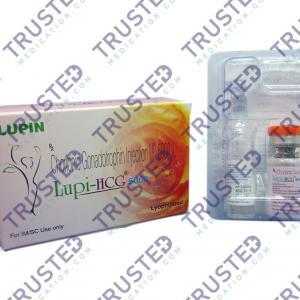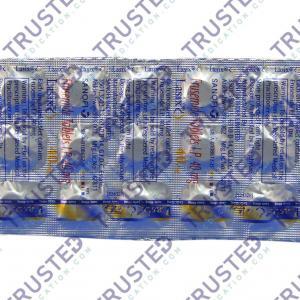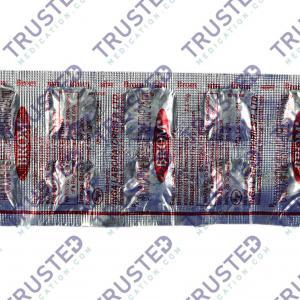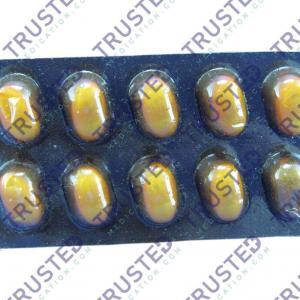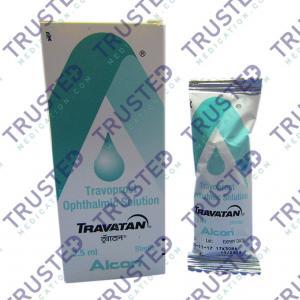
Cancer is caused when cells divide uncontrollably and spread into the surrounding tissues. It is the second-leading cause of death in the world but, survival rates are improving for some types of this condition through the help of cancer screening, treatment, and prevention.
The Top 5 Deadliest Cancer
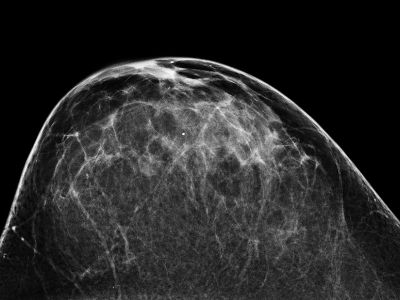
1. Lung Cancer. About 1 in 12 men gets lung cancer sometime in their life. So do about 1 in 15 women. Usually, doctors find it in people aged 65 and older. Smoking is the top cause. Second smoke is also a threat. You are more possible to get it if runs in your family or if you are exposed to random people around you. This cancer is more common among people with HIV than those who do not have the virus, but experts do not know why.
2. Colorectal Cancer. About 1 in 21 people will get colorectal cancer at some point in their lives. One of the reasons is age too. Also, you are more possible to get it if it runs in your family, you always drink too many alcoholic drinks a day, you smoke or you are overweight.
3. Breast Cancer. Roughly 1 in 7 women will get breast cancer in their lifetime also men can get it, as well. But it is much less possible: one in thousands. There is more to it than gender and age matters also because this cancer is most common after menopause.
4. Pancreatic Cancer. About 1 in 68 people gets it. You are more possible to get pancreatic cancer if it runs in your family, you are obese, or you smoke. This cancer is so hard to find early. This cancer can be found inside your belly and it is difficult to feel lumps or growths there, so you might not know that you have this it.
5. Prostate Cancer. One out of every seven men will get this cancer in their lifetime. Men are more likely to get prostate cancer after age 50. Usually, doctors find it in older than 65. Experts do not know the reason why some genes can also cause it. Those who eat a lot of red meat or high-fat dairy products and fewer fruits and vegetables may be slightly more likely to get it.
Can You Permanently Survive Cancer?
Cure means that there are no traces of your cancer after treatment and cancer will never come back. There is also a thing called “remission”. It means that the signs and symptoms of your cancer are reduced. It can be partial or complete. If you maintain a complete remission for 5 years, your doctor will conclude that you are cured. However, there are also cases where cancer cells persist years after treatment.
Is Cancer Still A Death Sentence?
When you hear the word Cancer most people instantly think it is a death sentence, but there are so many new developments in Cancer treatments. Those patients are living longer and having a well quality of life. Your doctor will still monitor and do tests from time to time because of the greater chance that cancer will come back.
Treatment for Cancer

- Surgery. It is one of the typical treatment actions recommended by doctors. It will remove cancer or as much of cancer as possible.
- Immunotherapy. It uses your body’s immune system to fight cancer. Cancer can survive unchecked in your body because your immune system doesn’t recognize it as an intruder.
- Hormone therapy. Removing specific hormones from the body or blocking their effects may cause the cancer cells to stop growing.
- Chemotherapy. It uses drugs to kill cancer cells.
- Radiation therapy. Radiation therapy uses high-powered energy beams, such as X-rays and protons, to kill cancer cells.
- Bone marrow transplant. It is also known as a stem cell transplant. A bone marrow transplant can use your own cells or cells from a donor.

